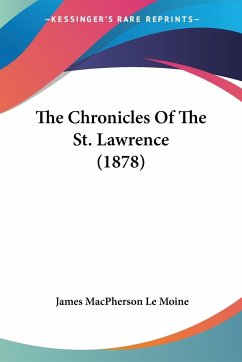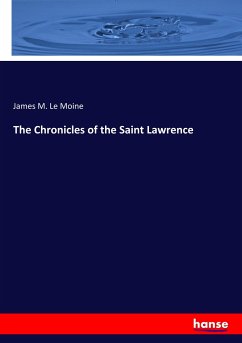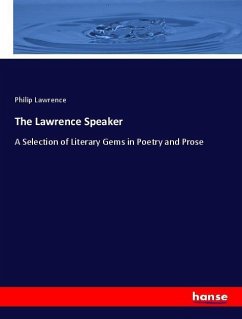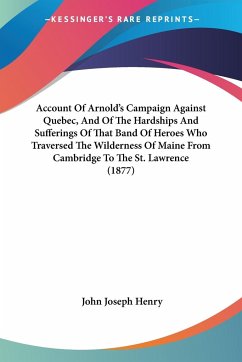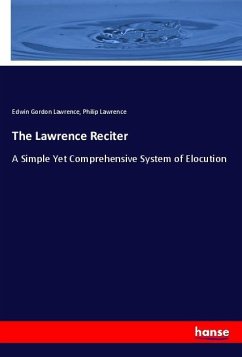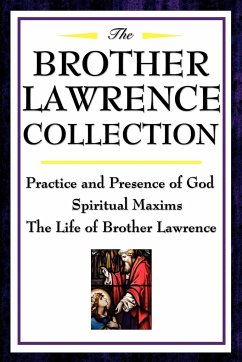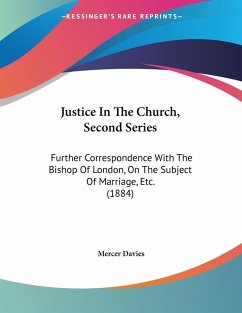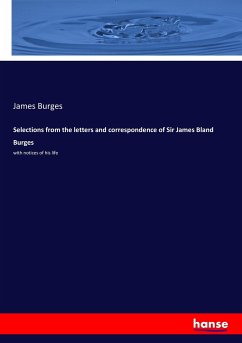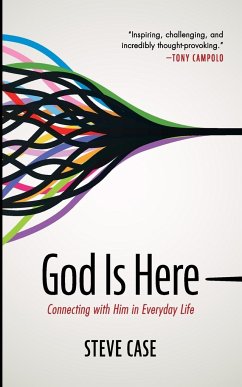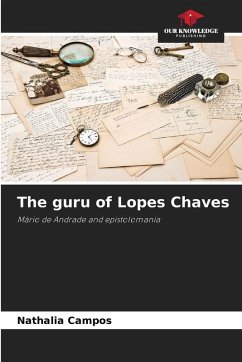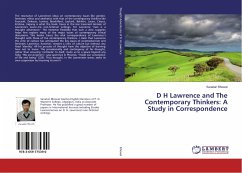
D H Lawrence and The Contemporary Thinkers: A Study in Correspondence
Versandkostenfrei!
Versandfertig in 6-10 Tagen
34,99 €
inkl. MwSt.

PAYBACK Punkte
17 °P sammeln!
The resonance of Lawrence's ideas on contemporary issues like gender, feminism, ethics and aesthetics with that of the contemporary thinkers like Foucault, Deleuze, Levinas, Baudrillard, Lyotard, Bakhtin, Lacan, Cixous, Kristeva, Irigaray is what the book traces in the less traversed domain of Lawrence's ouvre--his non-fictional writings. For Lawrence 'man is a thought adventurer.' The immense flexibility that such a view suggests helps him explore many of the major issues of contemporary critical discussions. This books traces the vital correspondence of Lawrence's thought with those of the c...
The resonance of Lawrence's ideas on contemporary issues like gender, feminism, ethics and aesthetics with that of the contemporary thinkers like Foucault, Deleuze, Levinas, Baudrillard, Lyotard, Bakhtin, Lacan, Cixous, Kristeva, Irigaray is what the book traces in the less traversed domain of Lawrence's ouvre--his non-fictional writings. For Lawrence 'man is a thought adventurer.' The immense flexibility that such a view suggests helps him explore many of the major issues of contemporary critical discussions. This books traces the vital correspondence of Lawrence's thought with those of the contemporary thinkers. I claim that Lawrence the critic of culture has anticipated the key issues of postmodernism and feminism. Lawrence, however, remains a critic of culture but without any fixed 'identity.' All his pursuits of thought have the objective of learning how not to know. The provisionality and contingency of his thought, rather than ensuring 'certitude' to itself, invite us to aspace beyond any fixity. "We are prisoners", says Lawrence in Phoenix, "inside our conception of life and being" (325). Thus thought, in the Lawrentian sense, seeks its own suspension by knowing its own li



